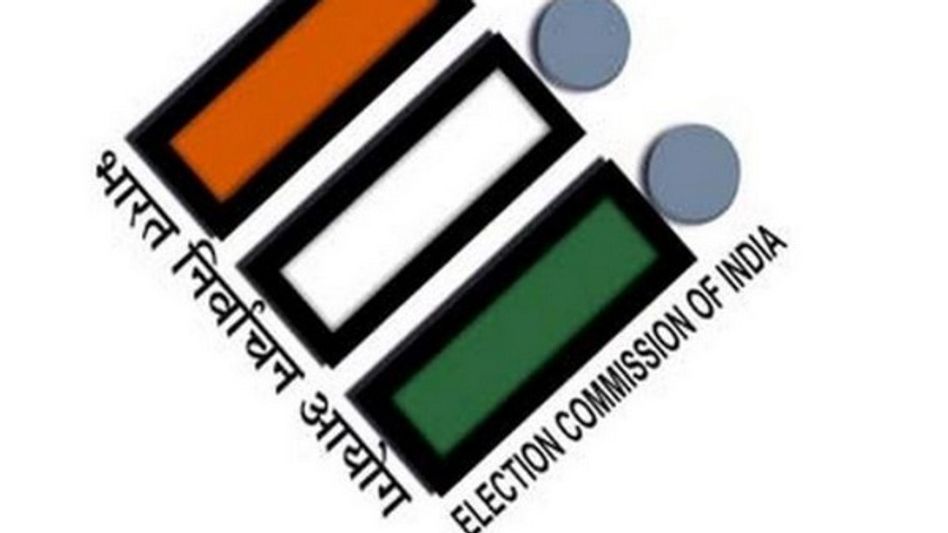Election Commission releases world’s largest electoral dataset, highlights trends in 2024 polls
The Election Commission of India has unveiled a comprehensive dataset for the 2024 elections. This data offers insights into voter demographics and polling patterns.
 Election Commission releases world’s largest electoral dataset, highlights trends in 2024 polls
Election Commission releases world’s largest electoral dataset, highlights trends in 2024 polls The Election Commission of India (ECI) has unveiled the world’s largest electoral dataset, providing an unprecedented level of transparency into the 2024 Lok Sabha elections and four state assembly elections. The comprehensive release includes 42 statistical reports on the Lok Sabha polls and 14 reports each on state elections, offering detailed insights for researchers, academicians, and policy analysts.
Key data points include constituency-wise elector details, polling station statistics, voter turnout, party vote shares, gender-based voting patterns, women’s participation, and performance analysis of national and state parties. The dataset allows stakeholders to conduct granular and time-series analyses, enabling a deeper understanding of India’s electoral landscape.
The 2024 Lok Sabha elections set a global record with 64.64 crore voters participating. The number of nominations rose to 12,459, up from 11,692 in 2019, with 8,360 candidates contesting compared to 8,054 previously. Female voter turnout exceeded male participation for the first time, at 65.78% versus 65.55%. Women candidates also increased, with 800 contesting compared to 726 in 2019.
A significant rise was noted in third-gender electors, with a 46.4% increase from 2019, while registered PwD electors jumped to 90.28 lakh, up from 61.67 lakh. Repolling occurred at only 40 polling stations—just 0.0038% of the total—compared to 540 in the previous general election.
The ECI’s proactive release of this extensive dataset addresses past criticisms regarding non-disclosure and establishes a new benchmark for transparency in electoral data sharing.
Copyright©2024 Living Media India Limited. For reprint rights: Syndications Today









